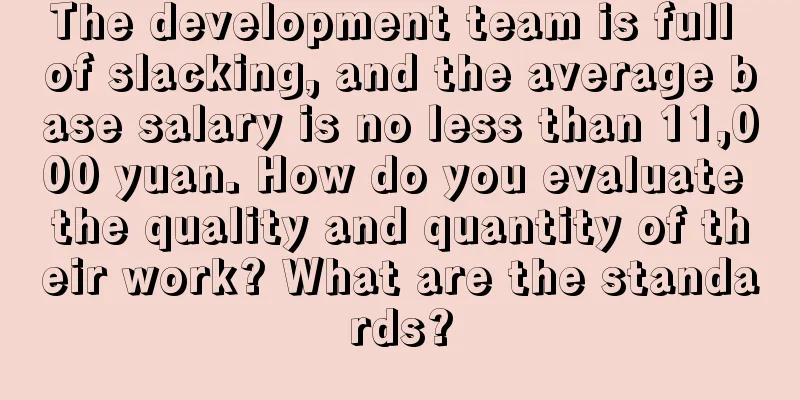ThredUp declares war on Shein! The battle between second-hand clothing and fast fashion begins

|
It is learned that on June 27, ThredUp sent a push notification to its customers, asking them to boycott Shein's pop-up store in San Francisco this weekend because Shein's fast fashion model causes long-term wasteful overconsumption. It’s rare for a company in the fashion industry to take such a direct swipe at another company, and it’s definitely a first for ThredUp. Shein, which was first launched in 2008, has grown at an astonishing rate since entering the US market in the past five years. Its revenue has soared from $2 billion in 2018 to $15.7 billion in 2021, and it is now worth $100 billion, more than fast fashion pioneers H&M and Zara combined. In May, Shein surpassed Amazon to become the top shopping app in the US App Store. Shein is also more productive than its fast-fashion rivals: between January and April this year, it sold 314,877 new styles, far more than H&M's 4,414 and Zara's 6,849, according to fashion analytics firm Edited. Shein has also found great success in social media marketing, capturing the Gen Z market. Influencers try on dozens of Shein outfits at a time on TikTok and Instagram. Erin Wallace, a ThredU spokeswoman, noted that it takes enormous resources to manufacture and transport so much clothing around the world, and that by selling most items for $15 or less, consumers are encouraged to view them as disposable. Erin Wallace said that ThredUp's goal is to create an environment where we reuse more clothes than we produce, and the emergence of Shein hinders this goal. Shein has been opening pop-up stores across the U.S. for the past few years, and when Shein announced its pop-up store at the Embarcadero Center, ThredUp decided to take action. "This is our home turf, and we decided it was time to do something," Wallace said. ThredUp, which positions itself as a more sustainable alternative to fast fashion, receives millions of used clothes from consumers every day and has built massive processing facilities to sort the goods before putting them online for resale. ThredUp's products are affordable and have less impact on the environment than fast fashion because reusing clothes avoids the use of water, natural resources and carbon emissions required to produce new clothes. In theory, ThredUp could benefit from Shein's continued sales of clothes because consumers could resell them on the site, generating more revenue. In fact, ThredUp does sell Shein clothing on its site. Still, ThredUp thinks it's worth it for Shein to take another stand. In addition to urging customers to boycott Shein, ThredUp is offering new customers a 40 percent discount and free shipping on their first purchase. Editor✎ Ashley/ Disclaimer: This article is copyrighted and may not be reproduced without permission. |
>>: After Amazon entered the market, physical store prices fell 28%
Recommend
What is Eight Immortals Going to Sea? Eight Immortals Going to Sea Review
Baxian Chuhai was established by Xike Technology, ...
Should I work alone or continue to work? What is the operating cost of a small team of 2-3 people?
Regarding the question of whether to work alone or...
What is Go-jek? Go-jek Review
Go-jek is a shared travel service provider based i...
What is blackbirdsuite? blackbirdsuite review
Blackbirdsuite is a tool that tracks key metrics a...
What is Haohan Legend? Haohan Legend Review
Haohan Legend is an e-commerce trader and e-commer...
Under the new US tax law, sellers' costs have increased! This platform may be a new way out
It is learned that according to foreign media repo...
Labor negotiations at US West Coast ports are at a stalemate! Multiple industry associations urge the White House to intervene!
WASHINGTON (Reuters) - The National Retail Federat...
The homepage is invalid without negative reviews! The product is banned from sale! Did my brother-in-law secretly change the algorithm again?
After Prime Day ended, Amazon launched the " ...
What is Havospark? Havospark Review
Havospark started in Shenzhen, China. Its inventor...
Amazon's retail sales surpassed Walmart for the first time! Sales reached $610 billion in the past year!
It is learned that according to foreign media repo...
What is pjpauljones? pjpauljones review
pjpauljones is a website focusing on men's clo...
What is customs filing? Customs filing review
It refers to the right holder who requires the cus...
Amazon may hold two Prime Days!
It is said that doing business on Amazon is like r...
What is Luban Cross-border Pass? Luban Cross-border Pass Review
Luban Cross-border Communication - a one-stop soci...









